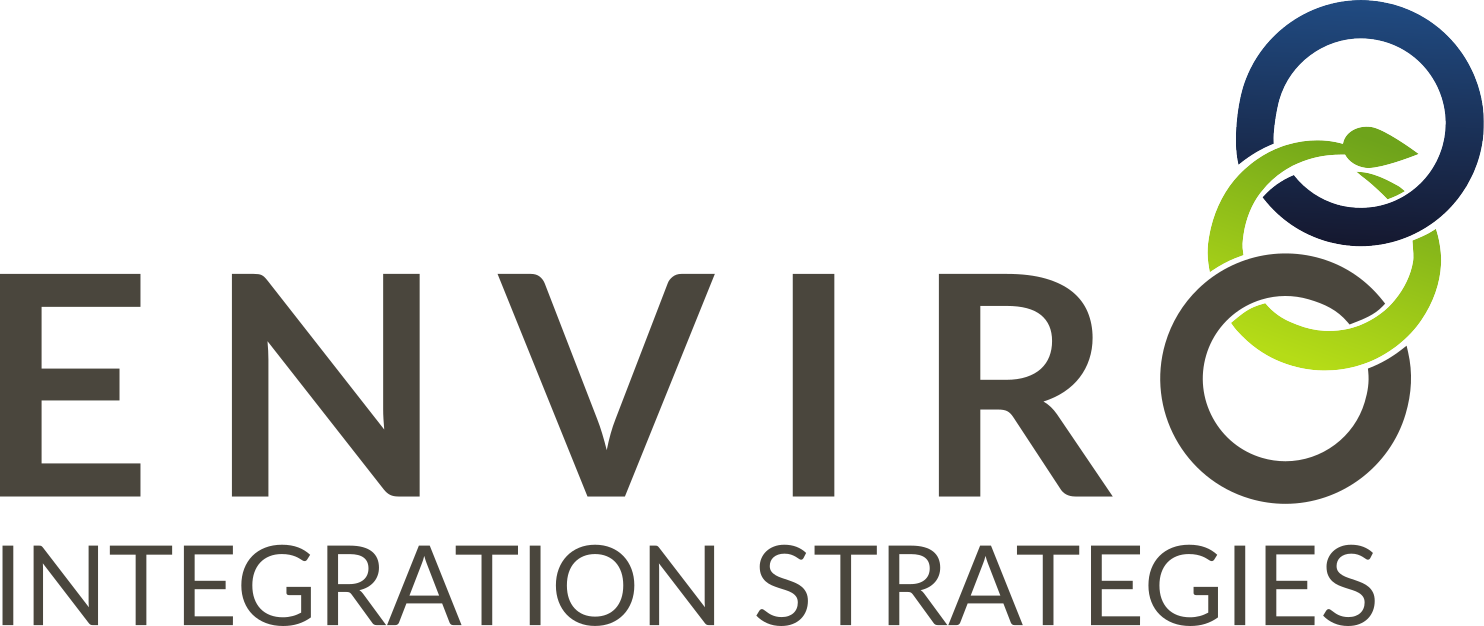Not too long ago I heard the phrase “humanizing the experience” and as I have been dealing a lot with tailings management systems, it made me wonder how one might humanize tailings management, as complex as it is. My hope is that with this article, I’ve at least put it in a context that most people might begin to appreciate and understand.
Read MoreWith recent occurrences of very significant failures, tailings management is a topic that has recently risen to the forefront for mining operators around the world. Are we doing enough to manage the risks associated with tailings, or are there things we could be looking at more closely?
Read MoreIn situations where there may be significant differences in perceived risks, and particularly when we are dealing with a number of stakeholders, we really need to take the time to understand one another's views.
What impacts our perceptions? And how can we come to see eye to eye?
Read MoreHow do we get more buy in to actually turning tailings wastes into a product?
Is there more opportunity to create products out of those things or have them used as some other sources of reclamation materials to stabilize other sites.
How do we encourage more collaboration on that front?
Read this article, based on sessions of the Mines and Technology conference held in Toronto, October 2-4, 2017, where a panel had a dialogue around this question.
Read MoreHow can we move forward to embrace new technologies, and the piloting of the many technologies already available, which can both recover value from, and reduce the risks of tailings management?
Read this article, based on sessions of the Mines and Technology conference held in Toronto, October 2-4, 2017, where a panel had a dialogue around this question.
Read MoreTailings. One of those parts of the mining business that everyone loves to hate.
External stakeholders see them as large, ugly ponds of toxic sludge, fearing their presence, fighting against their development. Not in my backyard.
And to the mining business, tailings make up a significant cost - unfortunately being something that no conventional mine has ever been able to eliminate.
So what can be done about it? Are there alternatives?
Read MoreHow do you add flexibility and iteration into a rigid system? A defined management structure? How do you manage stakeholder risks? And how do you avoid the downfalls of assumptions?
Find your rocks in the river, and let the water flow around them. Zoom out and take in the full picture. And ensure you have found and engaged all of your stakeholders!
Read More
Everything comes with some form of risk.
As most commonly demonstrated, the concept of risk management conveys an acceptance of risks, an exercise performed to ensure we are identifying and managing our project risks, controlling them in some way.
But why do we focus on managing risk before we have eliminated as much of it as we can? What if, instead, we looked for as many opportunities to de-risk and optimize our projects first?
Read MoreThis past week I shared a Huffington Post article regarding agile risk management, in which it was suggested that “risk agility is the key attribute of the survivors”, and that “compliance…is not an adequate form of risk management for the twenty-first century”.
I thought it a fitting article because it tied nicely to a couple of the themes I had planned on discussing:
- complexity causing an amplification of risk, and
- a reliance on historical methods, data, and false-positives to reassure ourselves that we have effectively managed our risks.
This article suggested that we should be willing and able to monitor and manage risks according to how they arise, to make decisions as our risks shift and change over time. The author wrote,
“Aversion to risk is dangerous and implies being stuck in another era and held at a standstill by the inertia of fear.”
Given, the context of the article is that risk averse businesses will not survive.
But what of the things that need to stand the test of time, regardless of the changing conditions that they may be exposed to? What of those things, like infrastructure we might design and build, that are more permanent, and might be difficult or even impossible to make adaptations to, once they are complete?
How can risk agility be applied in that context?
Read MoreRisk - to human health and life, to the environment. It's one of those fuzzy things that everyone has different perceptions about - how serious it is, whether something should be done to address it, how critical or impactful the consequences of an occurrence could be.
A thing that we can be blind to, become lazy about, particularly when no failures or instances occur over a long duration. Or when past failures had consequences which were deemed to be small.
Risk - something that should be assessed, avoided and addressed, mitigated. But to what end can an unknown be tempered?
Read More









